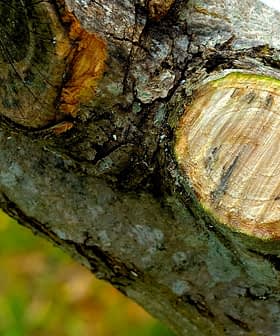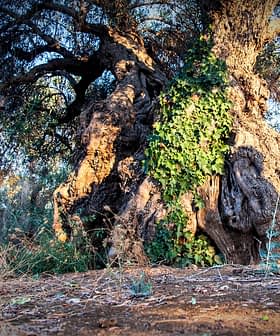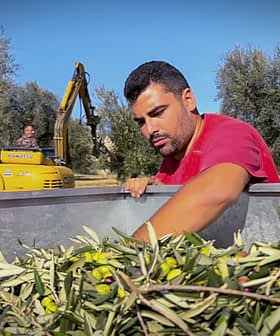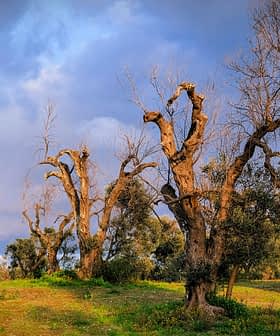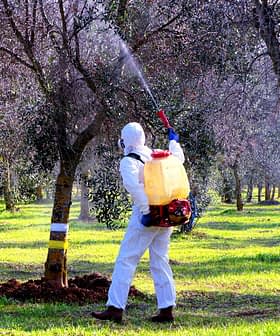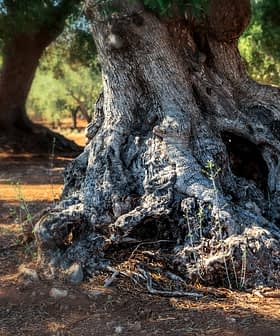Univ. of Andalusia Seminar to Focus on Impact of Xylella fastidiosa
The University of Andalusia is hosting a two-day seminar on recent innovations in olive growing, with a focus on the impact of bacterial diseases, including Xylella fastidiosa. The seminar, taking place on October 3 and 4 at the University’s Antonio Machado International Campus in Baeza, Jaén, aims to combine academic research with agricultural practices to benefit the olive industry in Andalusia, Spain, which is the top olive growing region in the country.
The University of Andalusia is holding a two day long seminar covering recent innovations in olive growing, focusing on the impact of bacterial diseases.
The seminar, which will be held on October 3 and 4 at the University’s Antonio Machado International Campus in Baeza, Jaén will explore new developments in many aspects of olive cultivation. According to organizers, the main objective of the program is to combine the research of the academic world with the practiced agricultural sector to provide progress to the olive industry at large. Andalusia is Spain’s top olive growing region.
Included in the program are explorations on the nuances of individual olive varieties, soil management for optimal fertility, irrigation techniques and most timely of all — diseases like Xylella fastidiosa.
The impact of the Xylella fastidiosa bacterium is ongoing, as Italy has been forced to scramble to find a solution for the fast-spreading disease. Spread through insects, the disease has already destroyed thousands of trees in the country’s prime olive-growing region, Puglia.
The loss of trees alone has come at a cost of €250 million ($330 million), and has caused financial strain on an industry that is already feeling pressure with droughts in Spain, the world’s top olive oil exporter.
Although open to the public, the seminar is geared towards students and researchers in agronomy, biology, chemistry, economics as well as those involved in olive cultivation.
For more information visit the event website or call +34 953 742 775


